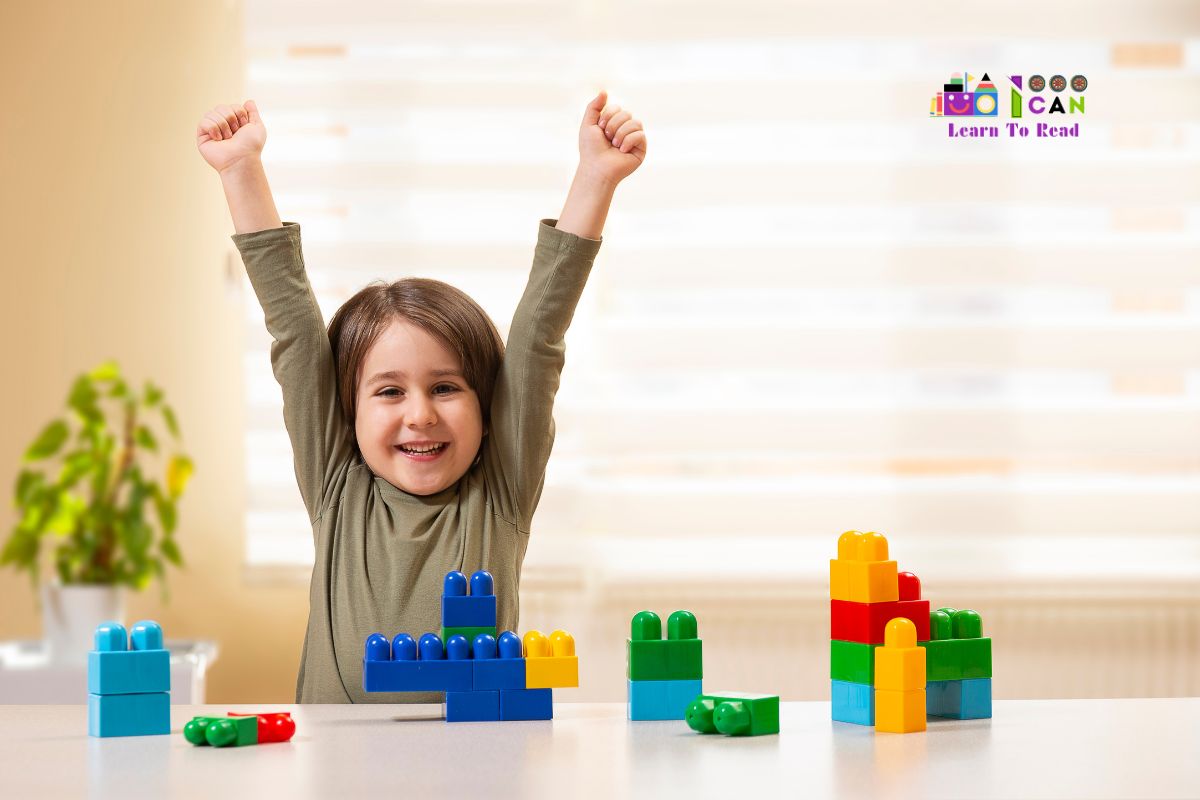In our fast-paced world, children’s schedules often brim with activities and playdates. While social interaction is crucial for development, there’s another vital ingredient sometimes overlooked: independent play. Yes, playing alone offers a wealth of benefits for children of all ages.
This article delves into the importance of solo play, exploring how it fosters creativity, independence, and a host of other essential skills. We’ll also explore how to encourage independent play in a way that complements social interaction and ensures your child thrives.
The Magic of Make-Believe: Unleashing Creativity
Imagine a child building a towering castle out of blocks, narrating fantastical stories with stuffed animals, or creating elaborate drawings filled with imaginary creatures. This is the world of independent play, where imagination reigns supreme.
Free from external influences, children can explore their inner worlds during solo play. Unbound by the rules and ideas of others, they become the architects of their own games. This fosters divergent thinking, the ability to generate a wide range of creative solutions. They experiment with different scenarios, characters, and storylines, exercising their imaginations like muscles that grow stronger with use.
The benefits of a well-developed imagination extend far beyond playtime. It fuels problem-solving skills, allowing children to approach challenges from unique angles. It fosters innovation, encouraging them to think outside the box and come up with new ideas. A strong imagination also plays a key role in emotional intelligence, helping children understand and navigate complex feelings.
Building Confidence Through Independence
Independent play isn’t just about imagination; it’s about empowerment. When children play alone, they are in charge. They set the rules, choose the characters, and determine the course of the game. This sense of control fosters a sense of self-efficacy, the belief in their ability to achieve their goals.
As they navigate challenges during solo play – figuring out how to build a complex structure, mastering a new skill with a toy, or solving a problem in their imaginary world – children develop a sense of accomplishment and pride. They learn to think for themselves, make decisions, and persevere through difficulties. This builds confidence that spills over into other aspects of their lives, making them more likely to take on new challenges and believe in their abilities.
The Art of Self-Entertainment: Developing Persistence
Remember the days when boredom was a catalyst for creativity? Independent play can reignite that spark. When left to their own devices, children have to figure out how to entertain themselves. This can be initially frustrating, but it ultimately fosters a valuable skill: persistence.
Without external stimulation, children learn to engage with their toys and surroundings in new and imaginative ways. They experiment, adapt, and find ways to keep themselves occupied. This not only builds self-reliance but also teaches them valuable problem-solving skills. They learn to overcome boredom, think creatively, and find enjoyment in the simple act of play.
The ability to self-entertain is a crucial life skill. As children grow older, they’ll encounter situations where they need to occupy themselves – waiting at the doctor’s office, traveling long distances, or simply enjoying some quiet time. Independent play equips them with the tools to navigate these situations independently and find enjoyment in solitude.
Cultivating Inner Peace: The Value of Quiet Time
Our world is full of constant stimulation. Screens flicker, toys beep, and schedules are packed. Independent play offers a much-needed respite from this sensory overload. In the quiet solitude of solo play, children can explore their inner worlds, process their emotions, and simply be.
This quiet time allows for introspection and self-reflection. Children may process experiences, daydream, or simply enjoy the calmness of being alone with their thoughts. This inner peace translates to better emotional regulation. They learn to manage their frustrations and anxieties without relying on external distractions.
Furthermore, independent play can be a valuable tool for managing stress and anxiety. When overwhelmed, children can retreat to their own world of make-believe, creating a safe space to escape the pressures of the outside world. This self-soothing technique can be incredibly helpful throughout their lives.
Striking a Balance: Solo Play Alongside Social Interaction
While independent play offers a wealth of benefits, it’s important to strike a balance with social interaction. Children are social creatures who learn valuable lessons through play with others. They develop communication skills, learn to share and cooperate, and build friendships.
The key is to ensure both types of play are present in your child’s life. Here are some tips:
- Provide opportunities for both: Schedule social playdates and group activities, but also ensure there’s dedicated time for independent play throughout the day.
- Respect their preferences: Some children naturally gravitate towards solo play, while others crave constant social interaction. Pay attention to your child’s cues and provide opportunities that match their temperament.
- Quality over quantity: Don’t overschedule your child’s playtime. Even short bursts of independent play can have a significant impact.
- Lead by example: Show your child that it’s okay to be alone sometimes. Engage in solitary activities like reading, writing, or pursuing hobbies.
- Create a stimulating environment: Provide a variety of open-ended toys, art supplies, and materials that encourage creative exploration during solo play.
The Takeaway: Independent Play is a Gift
- Independent play isn’t just a way to keep your child occupied; it’s a gift that fosters a multitude of essential skills. From nurturing creativity and independence to building resilience and emotional intelligence, solo play equips children with the tools they need to thrive throughout their lives.
- By ensuring a healthy balance between independent and social play, you can help your child develop into a well-rounded, confident, and imaginative individual. So, the next time your child seems content to play alone, embrace the quiet joy of solo exploration. It’s a space where they can blossom, learn, and discover the magic within themselves.
Read Also:




